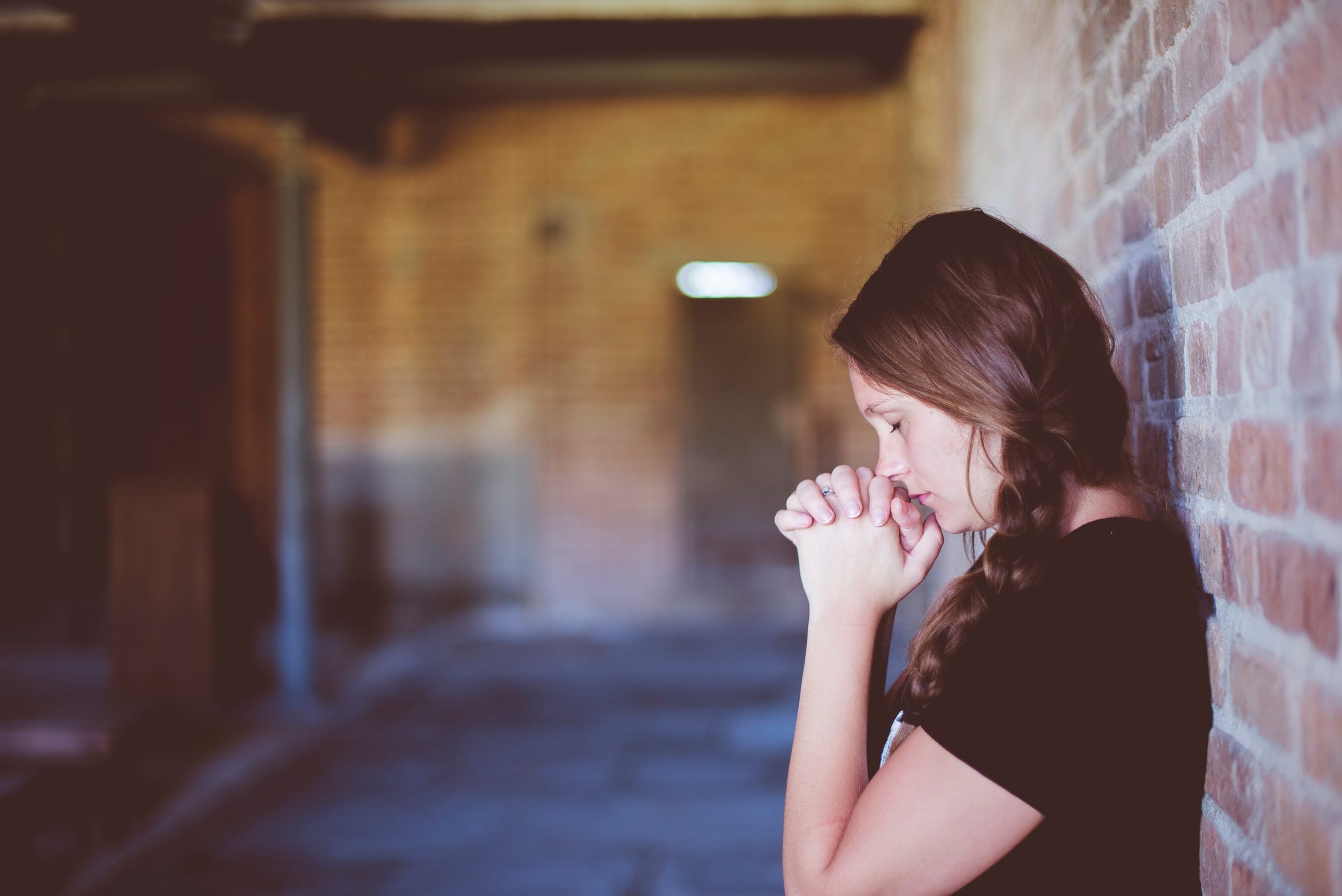The year 2020 had a very hard beginning. The global climate crisis, environmental disasters, wars, earthquakes and the stress caused by the coronavirus have affected us all. Coronavirus (COVID-19) has serious psychological effects on society because it spreads very quickly and it is possible for it to result in death.
The stress of the virus is so great that it causes more intense symptoms than the virus itself. These symptoms are stress, anxiety, and panic. Everyone reacts differently to stressful situations. When there is an emergency, people's emotional reactions change according to their life experiences and characters. For this reason, the responses of individuals can be different when faced with the threat of coronavirus.
Some people experience anxiety and panic, while others manage to remain calm. The social and economic conditions of the society in which a person lives also directly affects these reactions. Emotional responses to emergencies also depend on the news sources a person has access to. Continuously seeing images and news about the epidemic on all media platforms causes increased coronavirus stress. People with previous mental health problems, doctors, first-aid teams, other healthcare professionals, children, and support staff related to COVID-19 can react more intensely to coronavirus stress.

Some Reactions Observed During the Coronavirus Outbreak
- Feelings of intense fear and anxiety about the health status of themselves and their loved ones.
- Changes in sleeping or eating patterns.
- Difficulty sleeping or concentrating.
- The symptoms of those with chronic health problems may worsen.
- Increase in the use of alcohol, tobacco or other drugs.
- Increasing emotional eating behavior to cope with coronavirus stress.
Coping with stress and anxiety in emergency situations and getting help when needed helps the recovery process. It is important to connect with your family, friends, and others, not staying alone, taking care of yourself and each other, and knowing when and how to seek help. In addition, it is important to not overshare the news and risks of COVID-19. I also would like to remind you that the people who have visited risky areas more than two weeks ago and haven’t shown any symptoms of the disease are not risking anyone’s health. If your coronavirus stress responses prevent your daily activities for several consecutive days, seeking medical and psychological support would be appropriate.

Resilience in Hard Times: Don’t Be a Victim of Coronavirus Stress
In such an epidemic, making recommendations such as “think positively” would be denying the truth. Some people give unreal reactions to traumatic stress such as "nothing will happen to me" or "everything will be fine”. However, denying the problem and being overly optimistic is a kind of defense mechanism.
What is important here is emotional resilience. Emotional resilience is not about optimism. Being too optimistic in extreme situations like coronavirus stress can even lead you to disaster. Survival begins with accepting the truth rather than optimism. I am not saying that optimism is a bad thing, in fact, it is very important not to lose a sense of hope. However, when there is a vital threat in the middle, what makes you strong and durable is accepting the truth and taking precautions - that's what keeps you alive.

To protect your emotional resilience during this process, it is a good idea to:
Do a social media regime.
Do not view news and speculations about COVID-19 more than necessary. If necessary, put a time limit on your smartphone.
Take care of yourself.
Eat a healthy and balanced diet. Exercise regularly, even if you cannot go out. Get plenty of sleep. Avoid alcohol, cigarettes, drugs, and overeating.
Feelings are temporary.
Know that intense emotions will pass (trust me) and take time to relax. Stop watching, reading or listening to the news. It can be sad to hear the news or see the images that can trigger coronavirus stress. Try to do some activities you like to add a sense of normalcy to your life.

Connecting is important.
It's good to share your feelings and concerns (no matter how ridiculous) with family members and friends. Maintain healthy relationships.
Realistic optimism is healthy.
Accept the truth, take necessary precautions, and do not lose hope.
Create a meaningful life.
The ability to see facts is closely related to the second element of emotional resilience, "making sense of difficult times". I’m sure you know those people who raise their hands in the air and ask the question “why me?” They see themselves as victims and, blinded by their complaints, miss the opportunity to learn from the difficulties they are in.
However, people who have strong emotional resilience tend to make sense of the pain they experience both for themselves and the people around them. Many researchers think that the mechanism of "making sense of the difficulties experienced" is a bridge that enables people with strong emotional resilience to overcome the difficulties they face today and to have a future built on a solid foundation. This bridge makes the present time “manageable”. It fights the feeling that the current moment is unbearable. Austrian psychiatrist Viktor E. Frankl, who escaped from the Auschwitz concentration camp, is the person who came up with this concept and made a very good observation about it. Frankl states that such difficult times can only be overcome by giving meaning to life in the days of suffering and grief.

As a conclusion, no one is caught prepared for disasters and epidemics. Coronavirus stress caught all of us off guard. This situation causes anxiety and panic in society. It is very important to remain emotionally resilient, realistic, and hopeful while giving a meaning to life in such difficult times. Following the recommendations, I listed can be beneficial for you and your loved ones. Remember, nothing lasts forever, even the emotions you are experiencing right now. This, too, shall pass. I wish you healthy and meaningful days.














